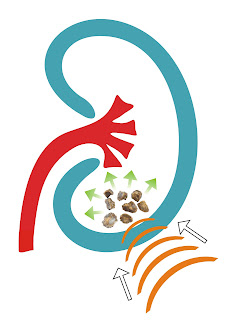The prostate is a gland in the male reproductive system found below the bladder and in front of the rectum. Once your prostate cancer has been diagnosed, your doctor has a lot to think about before choosing a treatment plan according to your disease stage. It’s important that you also think carefully about each of your choices for treatment plan. You will want to gain the benefits of each treatment option against the possible risks and side effects.
Which treatments are used for prostate cancer?
Depending on each case, treatment options for men with prostate cancer might include:
Which treatments are used for prostate cancer?
Depending on each case, treatment options for men with prostate cancer might include:
- Watchful waiting or active surveillance
- Surgery
- Radiation therapy
- Cryotherapy (cryosurgery)
- Hormone therapy
- Chemotherapy
- Vaccine treatment
- Bone-directed treatment
These treatments are generally used one at a time, although in some cases they may be combined.
Which doctors treat prostate cancer?
The main types of doctors who treat prostate cancer include:
Urologists: surgeons who treat diseases of the urinary system and male reproductive system (including the prostate)
Radiation oncologists: doctors who treat cancer with radiation therapy
Medical oncologists: doctors who treat cancer with medicines such as chemotherapy or hormone therapy
There is a well known urologist expert Dr. Anshumaan V Kapoor in North India with an experience of 14 years.
Which doctors treat prostate cancer?
The main types of doctors who treat prostate cancer include:
Urologists: surgeons who treat diseases of the urinary system and male reproductive system (including the prostate)
Radiation oncologists: doctors who treat cancer with radiation therapy
Medical oncologists: doctors who treat cancer with medicines such as chemotherapy or hormone therapy
There is a well known urologist expert Dr. Anshumaan V Kapoor in North India with an experience of 14 years.
Help getting through treatment
Your cancer care team will be your first source of information and support, but there are other resources for help when you need it. Hospital- or clinic-based support services are an important part of your care. These might include nursing or social work services, financial aid, nutritional advice, rehab services, or spiritual help. There is still some uncertainty about the exact right therapies for many men, and whether some even need immediate therapy.




